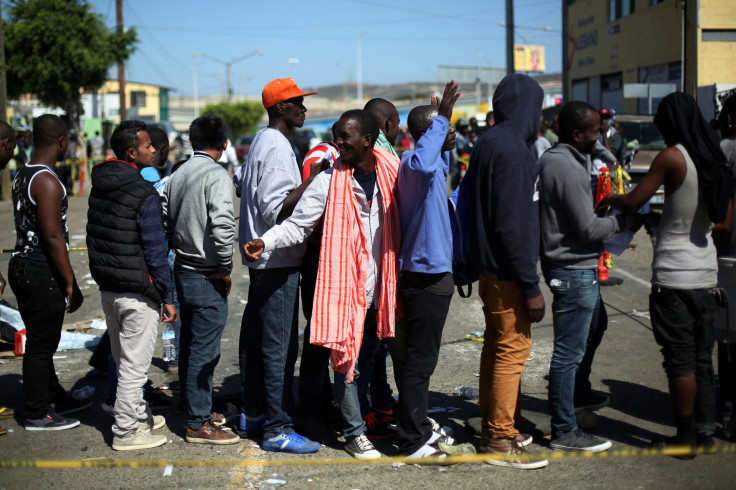This month, more than 19,000 Haitians who were illegally present on Dominican soil were deported to their home country by the General Directorate of Migration (DGM), Diario Libre reported.
According to data cut on the 27th of the current month, a period in which 180 immigration check operations were conducted in various regions of the nation, the institution stated that 19,250 Haitians have been returned.
The Santo Domingo province and its neighboring territories had the most deportees, with 6,158 persons captured in 40 operations, according to the statistics managed by the DGM.
The Dominican Republic's General Directorate of Migration (DGM) kept up its immigration control efforts on Monday, Nov. 28 in an effort to find and detain undocumented Haitians there.
Mobile prisons along with inspectors from the institution, accompanied by agents of the National Police make up the checkpoints. The posts are installed in different points of the National District and the Santo Domingo province from 6:00 in the morning.
At the checkpoints, the members of the DGM, assisted by agents of the National Police, were seen arresting people at random, requesting documentation and, if they did not have it, it was expired or had any irregularity, they were seized and put on board. the jail.
In certain cases, some of the detainees showed documentation that is expired or not original, so they would be taken to the vacation rental located in the municipality of Haina, a place authorized to establish the immigration status of each one.
Before beginning the deportations, the inmates were brought to the reception center to have their immigration status verified.
Dozens of relatives go to find out about the situation of those who are taken to that center in Haina and many carry documentation with which they intend to demonstrate that they have permits, and visas or are in the process of regularization.
According to many, these migrants are being treated unfairly, and their human rights are being violated.
The arrival of mobile prisons full of men and women who are admitted to the center is almost constant.
Their belongings, which include bags, packages, and various work gear, are visibly stored in the back of vehicles that are parked outside the prison area and are being watched over by both the military and the migration inspectors.

© 2024 Latin Times. All rights reserved. Do not reproduce without permission.